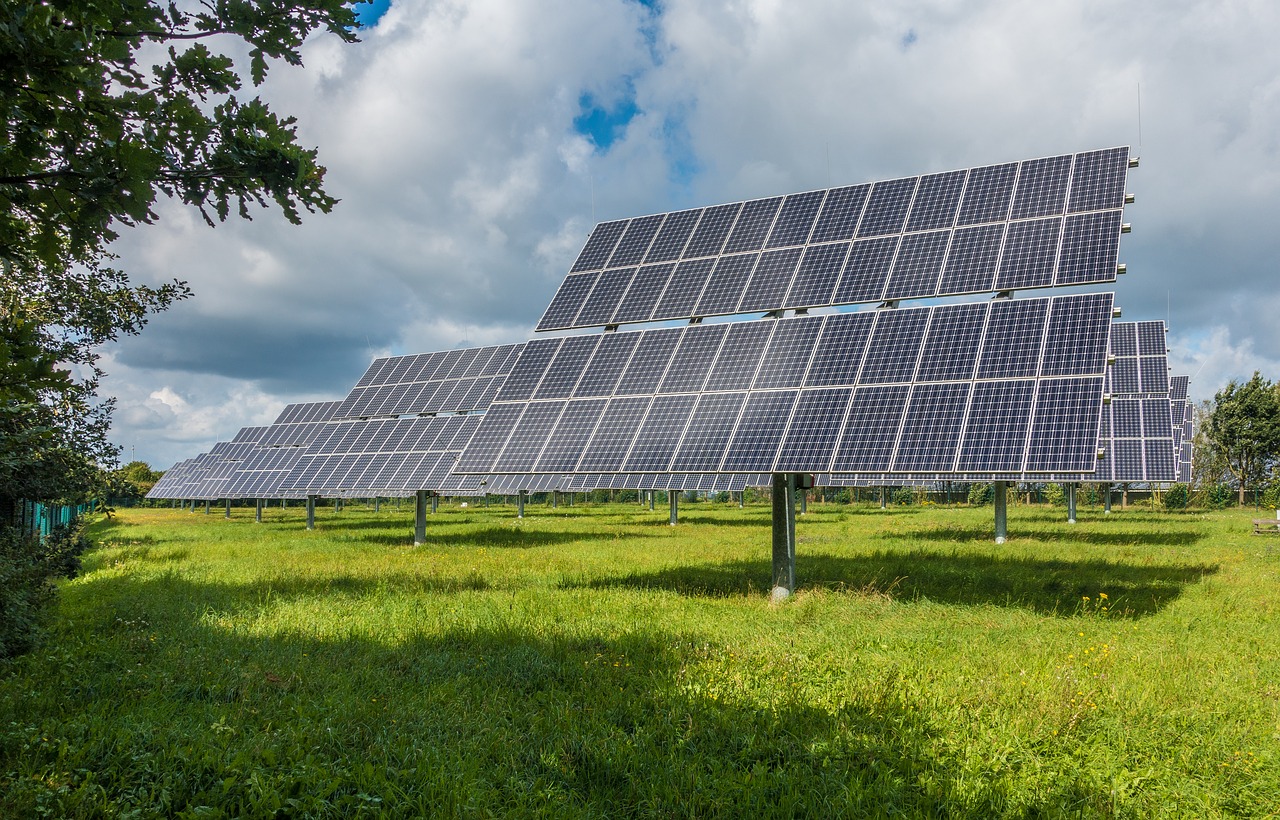
Green Power: Eco-Friendly Electricity Generation
The global shift towards sustainability has prompted a revolution in the way electricity is generated. Eco-friendly electricity generation methods are gaining prominence, offering a cleaner and greener alternative to traditional power sources. In this article, we delve into the various technologies and benefits associated with eco-friendly electricity generation.
Renewable Energy Sources Leading the Way
Renewable energy sources, such as solar, wind, hydropower, and geothermal, are at the forefront of eco-friendly electricity generation. These sources harness the power of nature, providing a continuous and sustainable supply of energy. Unlike fossil fuels, renewables generate electricity without emitting harmful greenhouse gases, making them a key solution in the fight against climate change.
Solar Power: Harnessing the Sun’s Energy
Solar power stands as a beacon of clean energy, capturing the abundant sunlight to generate electricity. Photovoltaic (PV) panels convert sunlight into electricity, offering a decentralized and scalable solution. The versatility of solar power makes it applicable for residential, commercial, and industrial settings, contributing to a widespread adoption of eco-friendly electricity generation.
Wind Energy: Tapping into the Power of the Wind
Wind turbines harness the kinetic energy of the wind to generate electricity. Wind energy has seen tremendous growth, with large wind farms becoming a common sight. Offshore wind projects, in particular, leverage strong and consistent winds, providing a reliable source of clean energy. The scalability of wind energy makes it suitable for both large-scale power plants and small-scale applications.
Hydropower: Utilizing the Flowing Waters
Hydropower, derived from the energy of flowing water, has been a traditional source of renewable energy. Dams and hydroelectric power plants generate electricity by harnessing the energy from rivers and waterfalls. While large-scale hydropower projects exist, innovations in smaller-scale hydropower technologies are expanding the reach of this eco-friendly electricity generation method.
Geothermal Energy: Tapping into Earth’s Heat
Geothermal energy taps into the Earth’s internal heat, converting it into electricity. Geothermal power plants utilize steam or hot water from beneath the Earth’s surface to drive turbines and generate electricity. Regions with high geothermal potential can benefit from this constant and reliable source of clean energy, contributing to a diversified energy portfolio.
Benefits of Eco-Friendly Electricity Generation
The shift towards eco-friendly electricity generation brings about a myriad of benefits. Reduction in greenhouse gas emissions, improved air quality, and a lower environmental impact are primary advantages. Additionally, the decentralization of power generation enhances energy resilience, reduces dependence on finite resources, and promotes a more sustainable energy future.
Technological Innovations and Advancements
Continuous advancements in technology play a crucial role in the growth of eco-friendly electricity generation. Improved efficiency of solar panels, innovative wind turbine designs, and enhanced geothermal exploration techniques contribute to the increasing feasibility and affordability of clean energy solutions. Ongoing research and development promise further breakthroughs in eco-friendly technologies.
Challenges and Solutions in Sustainable Energy
While the momentum towards eco-friendly electricity generation is strong, challenges exist. Intermittency issues in solar and wind energy, energy storage limitations, and the need for grid upgrades are areas that require attention. Innovations in energy storage technologies, smart grid solutions, and hybrid renewable systems are addressing these challenges, ensuring a more reliable and resilient energy infrastructure.
Economic Opportunities in the Green Energy Sector
The transition to eco-friendly electricity generation opens up new economic opportunities. The green energy sector creates jobs in manufacturing, installation, maintenance, and research. Governments and businesses investing in clean energy technologies contribute not only to environmental sustainability but also to the growth of a thriving and innovative industry.
Individual and Corporate Responsibility
The adoption of eco-friendly electricity generation is not solely the responsibility of governments and large corporations. Individuals and small businesses also play a crucial role. Choosing green energy providers, implementing energy-efficient practices, and investing in on-site renewable energy systems contribute to the collective effort of reducing the carbon footprint and promoting sustainability.
Conclusion: A Sustainable Energy Landscape
In conclusion, the era of eco-friendly electricity generation is reshaping the energy landscape. The integration of renewable energy sources, technological advancements, and a collective commitment to sustainability are driving this transformation. Explore more insights on Eco-Friendly Electricity Generation to stay informed about the latest developments and trends shaping the future of clean energy.




